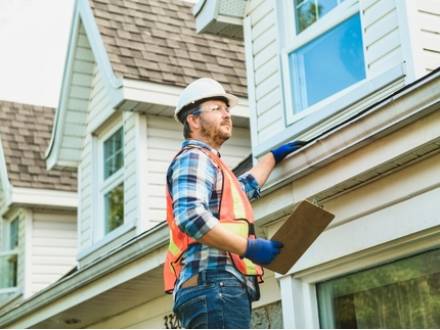What Should a Contractor Do if a Customer Won’t Pay?
 Contractors in Maryland have a tough job. They have to work hard, often in dangerous, uncomfortable conditions, to provide quality construction with great service to customers who can be highly unreliable. Sometimes customers do not want to pay contractors because of disagreements about job quality or completion; other times, customers will simply refuse to pay or disappear altogether.
Contractors in Maryland have a tough job. They have to work hard, often in dangerous, uncomfortable conditions, to provide quality construction with great service to customers who can be highly unreliable. Sometimes customers do not want to pay contractors because of disagreements about job quality or completion; other times, customers will simply refuse to pay or disappear altogether.
If you are a contractor who has not been paid, act quickly so you can recover the money you are owed. The law is on your side, but there are time limits to certain remedies and you do not want to lose out on your right to enforce payment. Contact a Maryland contractor’s rights attorney to learn more.
Maryland’s Prompt Payment Law Protects Commercial Contractors
Maryland has laws in place to protect commercial contractors and other construction workers from nonpayment. If a contract includes specific times or dates for payment, Maryland’s Prompt Payment law requires property owners to pay contractors within seven days of each payment date in the contract.
If a contractor requests a final payment, payment must be made within 30 days of whichever comes first:
-
The day an occupancy permit is issued
-
The day an owner takes possession of a property
Head contractors then have seven days after being paid by the property owner to pay subcontractors and suppliers.
Government projects have a little more time; governments must pay head contractors within 30 days of the payment date on the contract or the receipt of an invoice, and head contractors then have 10 days to pay their suppliers and subcontractors.
What Can Maryland Contractors Do if a Private Homeowner Does Not Pay?
A separate law governs contractors working on home improvement projects for private homeowners, and contractors who have not been paid may be able to recover their losses in small claims court.
Before deciding to pursue a case in court, however, contractors should try to talk to the client and figure out why the client has not paid. It could be a misunderstanding because a contract was not clear enough; it could be that the client feels the job is not done right. Whatever the reason, it is important to consider whether making the client happy is the least expensive strategy in the long run for your business’s reputation.
However, if the client simply refuses to pay or you have an unresolvable disagreement about the project, you may need to go to court. You should bring any records you have, including the contract, text messages, voicemails, and video recordings, to your meeting with an attorney to discuss your case. If your case has merit, a court can demand payment, place a mechanic’s lien on a property, and even bring criminal charges against a client who will not pay a contractor if fraud is involved.
Call Our Montgomery County, MD Contractors’ Rights Lawyer Now
Whether you are being pursued by someone who claims you did not complete a job or you need help defending your right to be paid, our Potomac, MD construction law attorneys can help. Call Salvado Law Offices at 301-933-1814 to schedule an initial attorney meeting. Se habla espanol.









